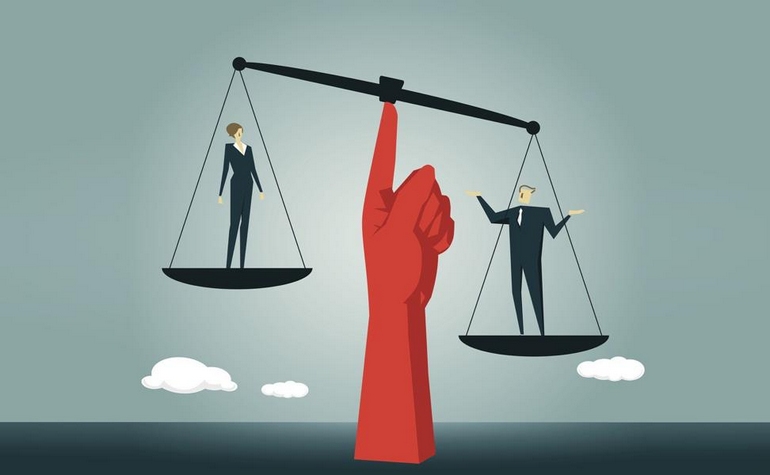

Finance
2023-09-18 19:10:00
Approaches of an economic crisis in the world was expected in the meaning of “usual” or cyclic crisis. But there happened another situation what the authorities of all countries of the world weren’t ready for. There is no definite answer to a question: neither about scenarios of a pandemic, nor about a recovery from the crisis, nor about whether it is necessary to keep former structure of economy or it is time to create new – and if yes, that what price. At a turning point also sound differently old problems which were not solved before a pandemic – for example, inequality problem.
Social and economic inequality remains a key problem for most of residents of many countries – regardless of that, there is a speech about the developing states or developed. It showed the global research conducted in the spring of 2020 in ten countries among more than 7 thousand respondents. In particular, the question of was asked them whether they consider a gap between the rich and poor in a big problem in the country.
That crisis which endures the world now became a shock in every sphere of life because people were not ready to such option of succession of events of the power.
There is no definite answer on a question of on what trajectory the economy – and world, and in each single country will recover from crisis, –. Whether there will be it model of a V-shaped rebound or U-shaped gradual restoration? Or we are waited by the L-shaped option assuming that after falling economy it will be necessary to lie at the bottom without hopes for former drivers of growth in the form of investment and consumer demand?
The world appeared at the conceptual deadlock, mistakes are inevitable, and at the same time there are no hopes for those decisions which seemed effective earlier. Same problem is for social problems. It is at this conjuncture more appropriate to say anymore not that in the world inequality will increase, and that tectonic shifts will concern all – fall of income will become universal, will affect on a chain of all, and prerequisites for restoration of the previous level of life are not observed yet.
The feature of the current situation consists that under the main blow there were citizens with the average level of income and not working in the budgetary sector.
TAG:
Views: 1377

I have been trading Forex for more than 5 years, mostly with manual and automatic trading. I set up advisors for round-the-clock automated trading. I'm sure I can help to establish your trading skills....
Comments ()